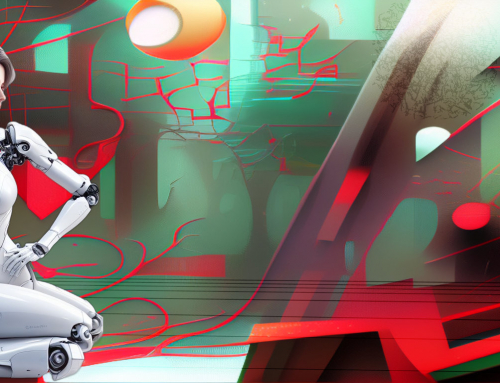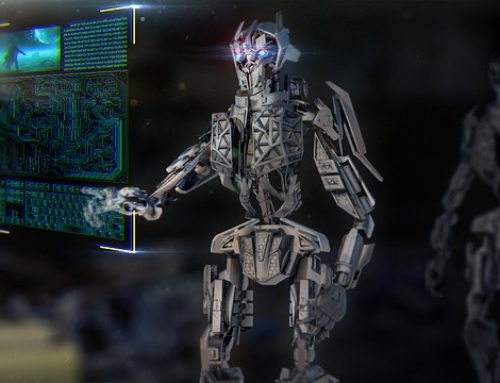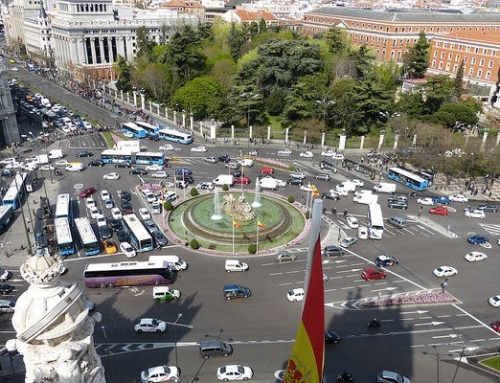To raise this question is because we Heard a lot that some self-driving strategies have the capability to anticipate the next move of another driver, a cyclist/pedestrian.
The reaction time of an every human is more than 0.2 sec. That is why anticipation is largely beneficial to a human driver and his surroundings, even though his wrong anticipation often causes accident. However, 0.2 second is a long time for a computer which can do things much faster than that. If the computer just react to what it sees (position, velocity, acceleration of other cars, cyclists, etc.) within a few milliseconds, it is already a good driver than a human being.
If your reaction time is faster than that of the ball, you’ll hit the ball!
To let the computer to do anticipation will probably not benefit too much for accident avoidance but to introduce the possibility of wrong anticipation by computer (self-driving strategy). The strategies/algorithms of the current self-driving are difficult to recognize a cyclist, anyway. It goes with saying to anticipate where he will go next.
Can we simply define the state of an object as its position / velocity / acceleration, and make use of the Markovian chain to deal with the whole thing?







Leave A Comment